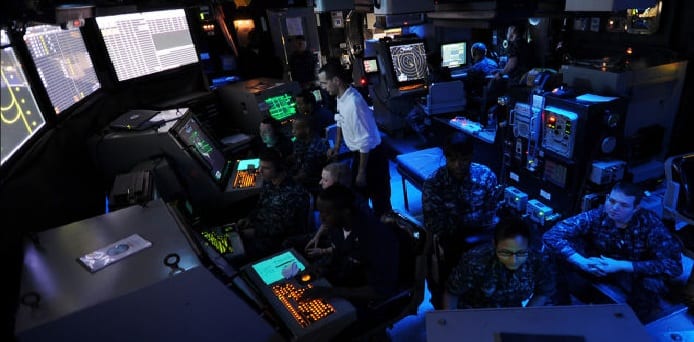The US Navy’s warfare systems paid Microsoft millions of dollars to continue with Microsoft Windows XP
The Space and Naval Warfare Systems Command signed a contract of US$9.1 million to access security patches for Windows XP, Office 2003, Exchange 2003 and Windows Server 2003.
Millions of dollars are being paid by the U.S. Navy to Microsoft in order to keep its 100,000 computers afloat because until now it has not shift away from Microsoft’s Windows XP operating system.
Earlier this month, a contract of US$9.1 million was signed by the Space and Naval Warfare Systems Command who runs the Navy’s communications and information networks. This contract was signed for continued access to security patches for Windows XP, Office 2003, Exchange 2003 and Windows Server 2003. The entire contract could be worth up to $30.8 million and extend till 2017.
The first three of those products have been deemed obsolete by Microsoft, and Windows Server 2003 will reach its end of life on July 14th, 2015. As a result, Microsoft has stopped issuing free security updates for it, but will continue to do so on a paid basis for customers like the Navy that are still using those products.
The Navy began a switch away from XP in 2013, but as of May this year it still had approximately 100,000 workstations running XP or the older Windows software.
“The Navy relies on a number of legacy applications and programs that are dependent on legacy Windows products,” said Steven Davis, a spokesman for the Space and Naval Warfare Systems Command in San Diego. “Until those applications and programs are updated or phased out, this continuity of services is required to maintain operational effectiveness.”
Davis wouldn’t give more information about the systems or their use, citing cyber security policy; although an unclassified Navy document says the Microsoft applications affect “critical command and control systems” on ships and land-based legacy systems. Affected systems are connected to NIPRnet, the U.S. government’s IP network for non-classified information, and SIPRnet, the network for classified information.
Davis said, “A plan for migrating to current and supported capabilities has been developed and is being executed”.
Continuing to use the outdated systems without the Microsoft contract would be unsafe.
The Navy document says “Without this continued support, vulnerabilities to these systems will be discovered, with no patches to protect the systems”. The resulting deterioration will make the U.S. Navy more liable to interruption and could lead to loss of data integrity, network performance and the inability to meet mission readiness of critical networks.”
The Navy is not alone dependent on Windows XP. StatCounter traffic website shows that approximately 10 percent of desktop PCs accessing websites were running on Windows XP, giving it a market share just above that of Apple’s OS X, while the data from Net Applications puts XP’s current share at just over 14 percent.
